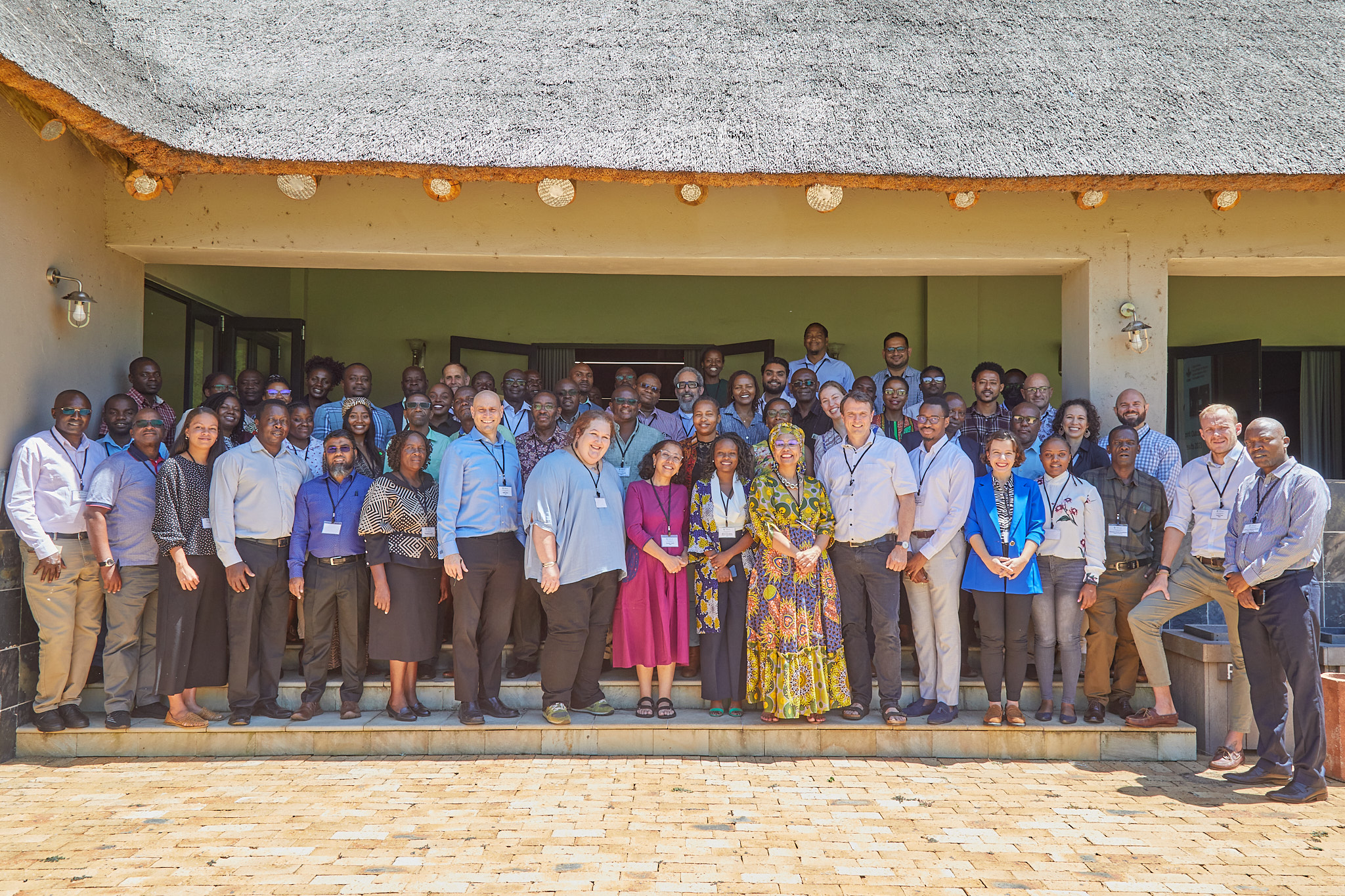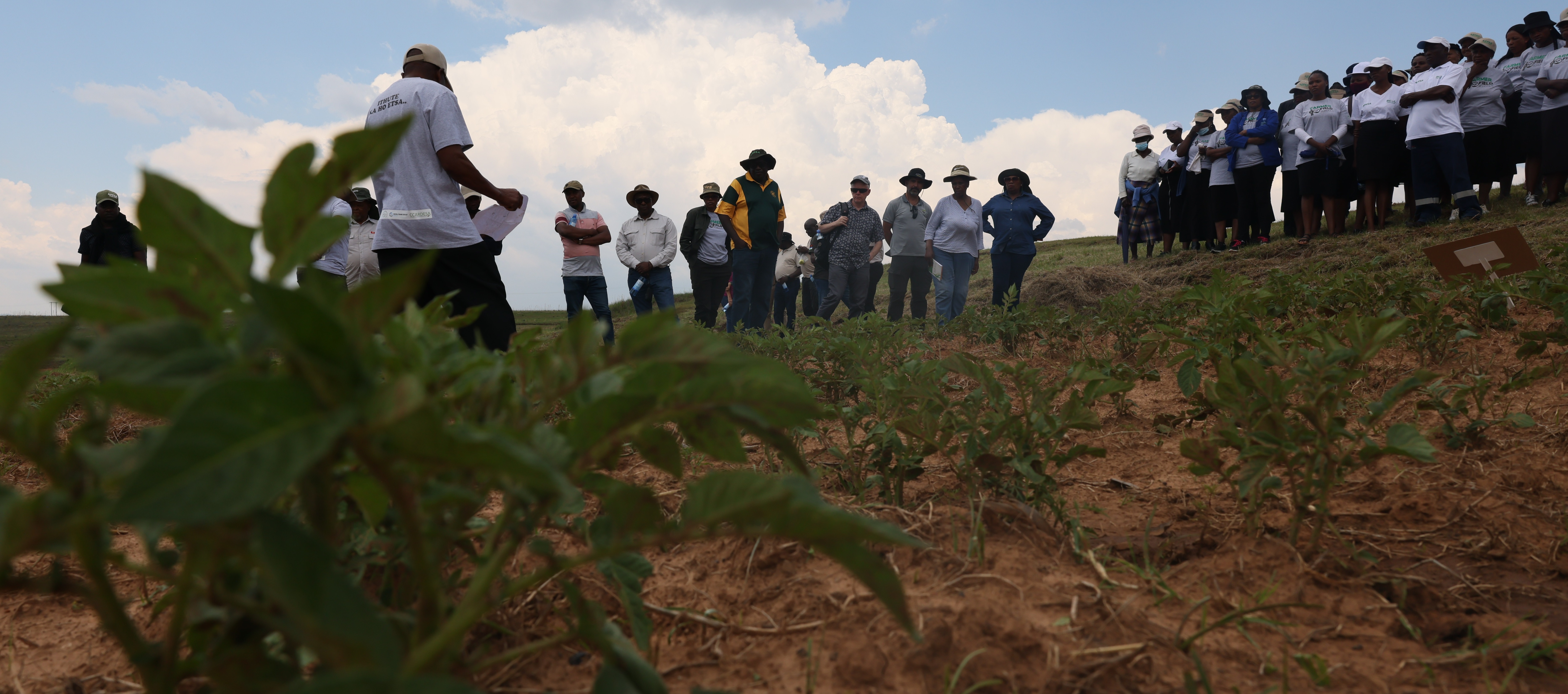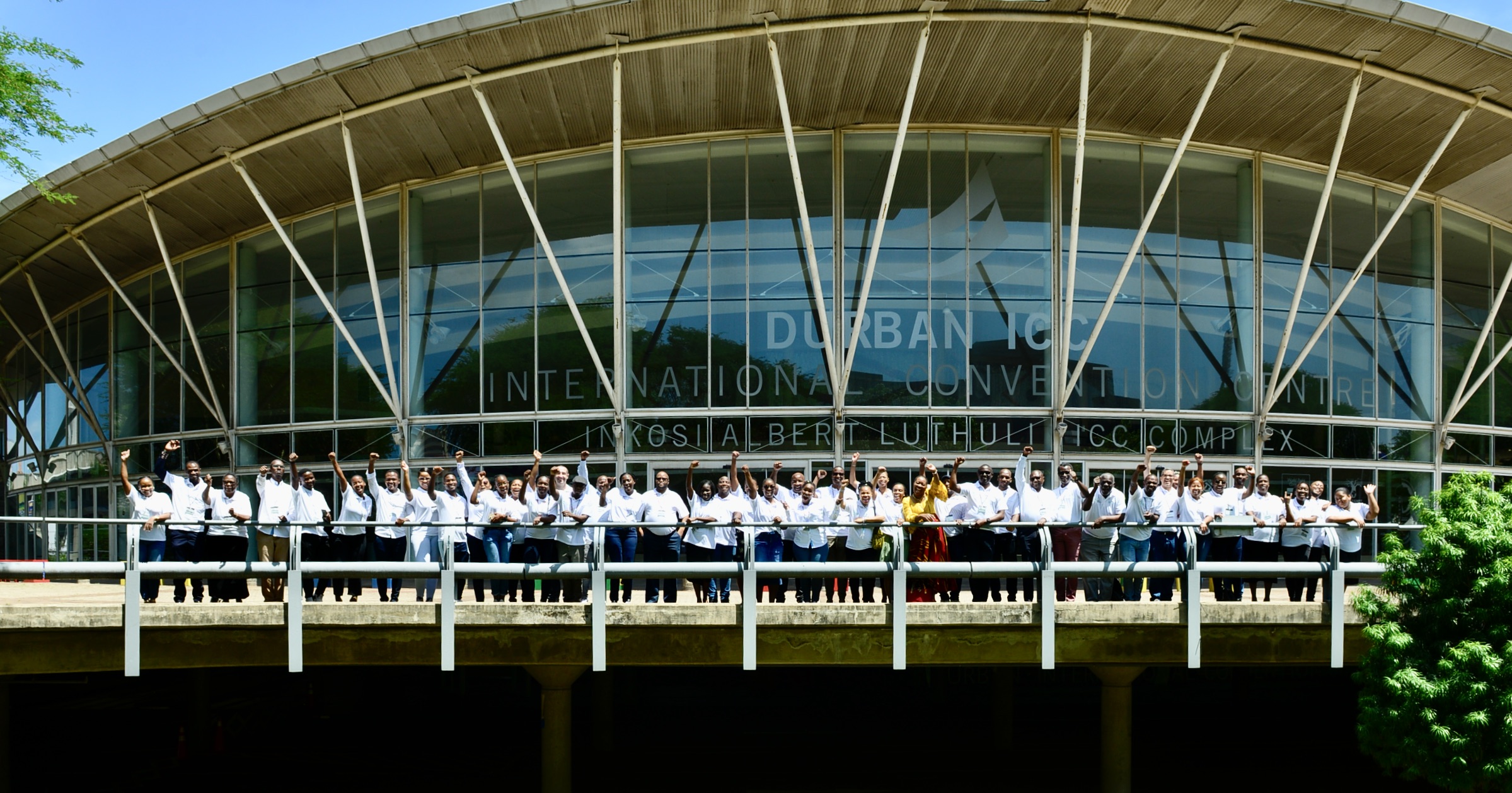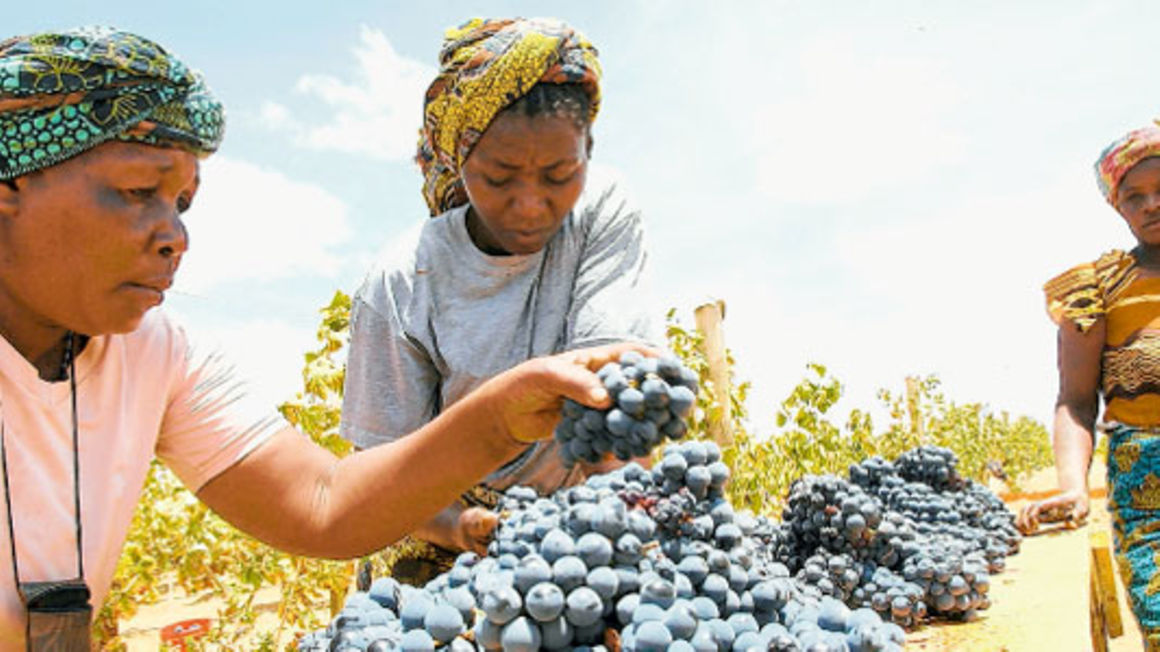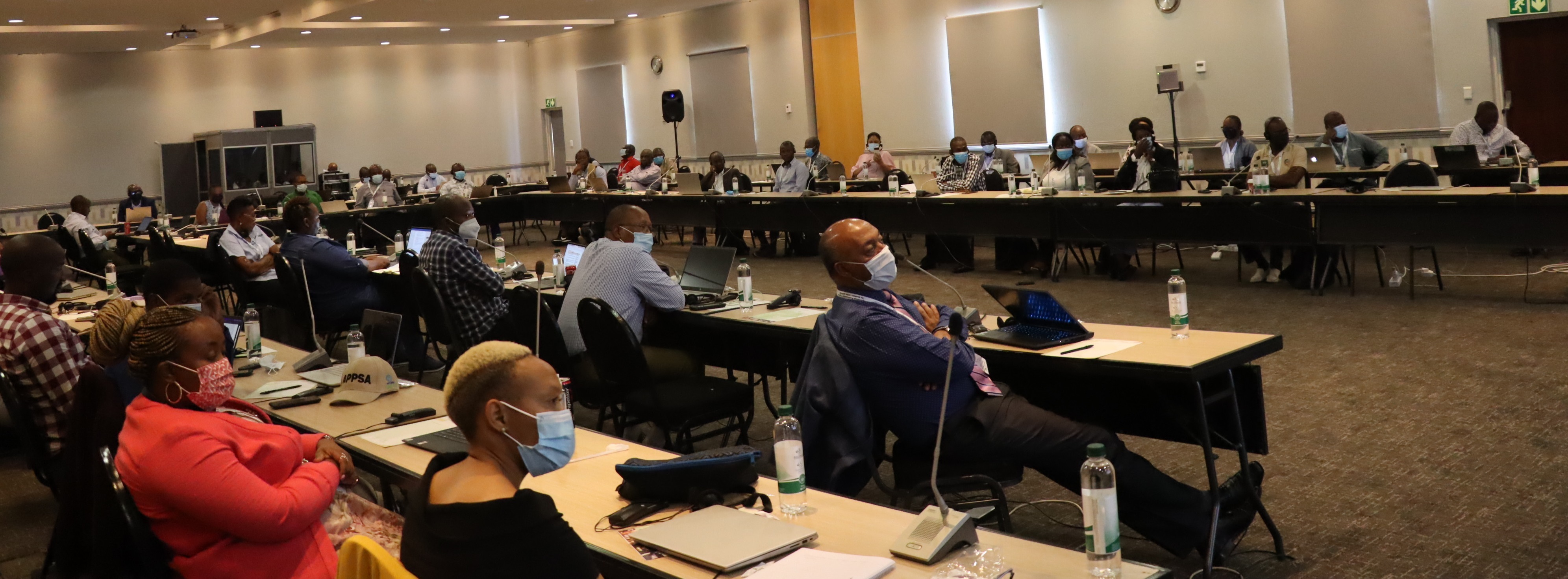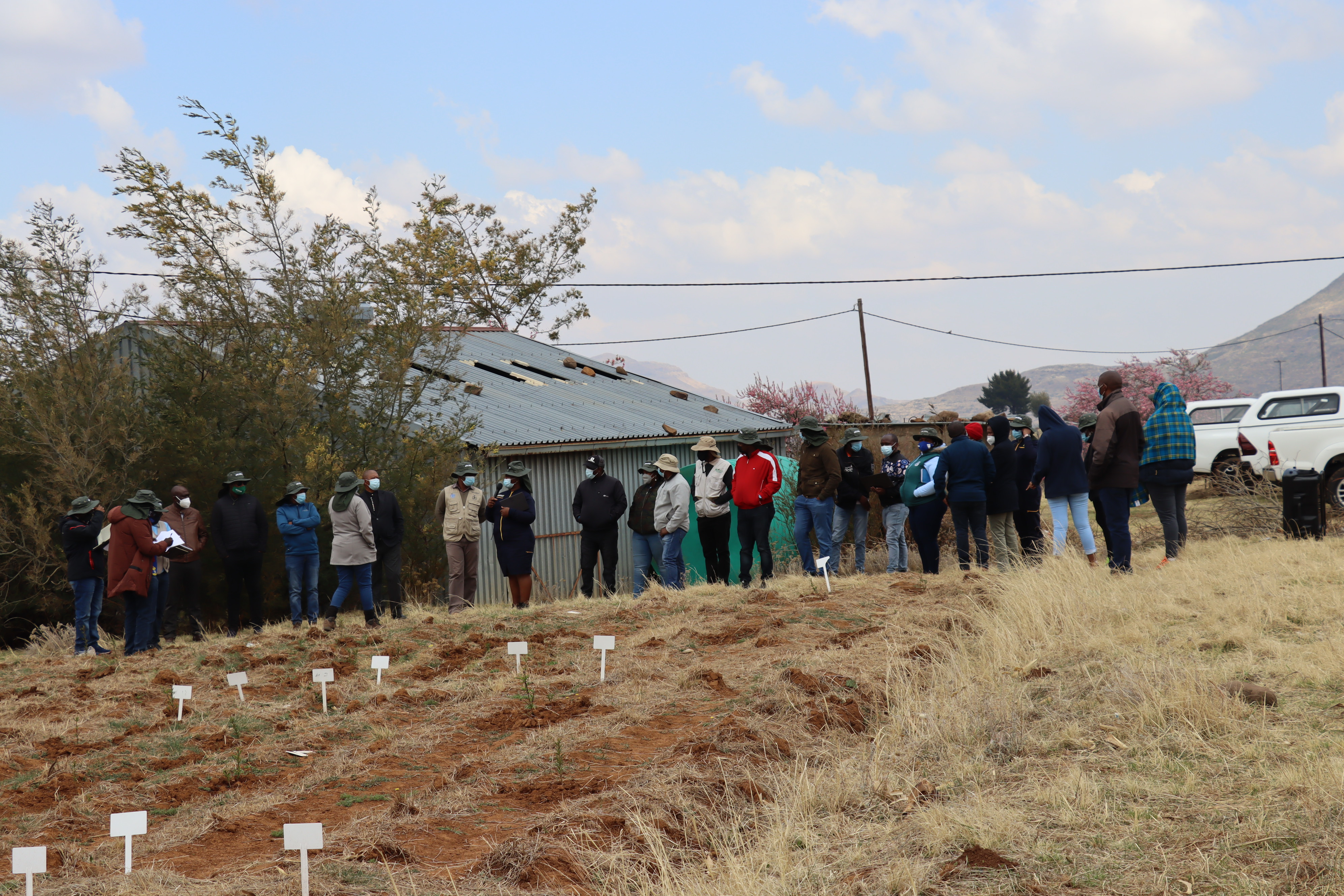Farmer Field School Guidance Document
This document is the product of 30 years of practical eld experience in several countries across all continents, and the work of a large number of development actors and practitioners. Farmer Field School programmes in these countries have been implemented and developed with and by farmers, with support and contributions from local and national governments, farmers’ organizations, NGOs, scientists and with contributions from several development partners: Australia, the European Commission, the Global Environment Facility, IFAD, the Netherlands, Norway, Switzerland, Sweden, the World Bank and many others.
Food and Agriculture Organization of the United Nations (FAO). Farmer Field School Guidance Document, 2016.


